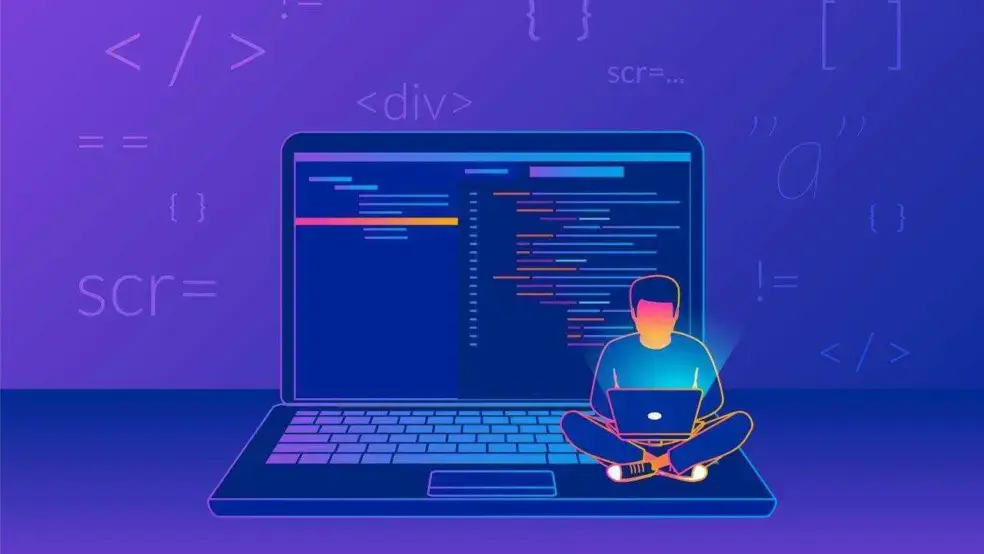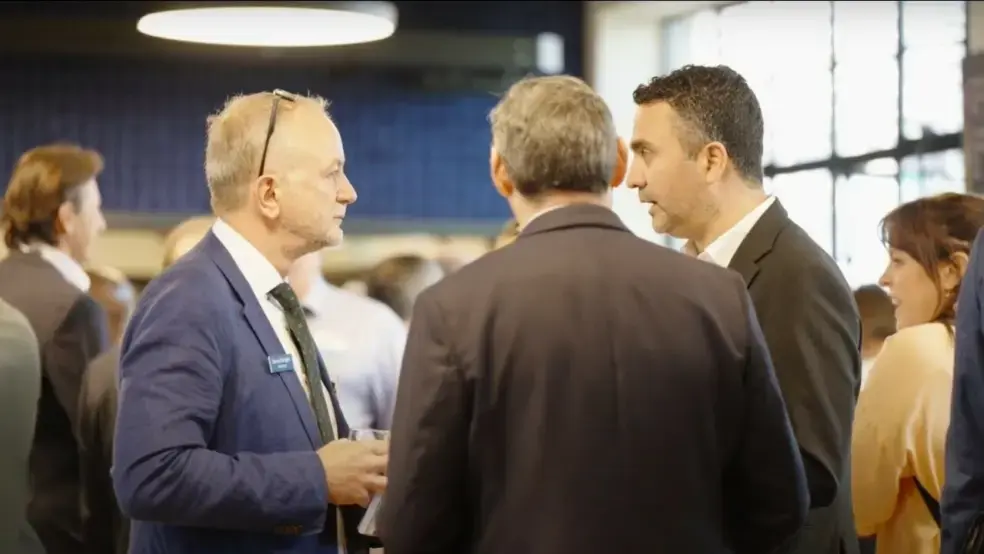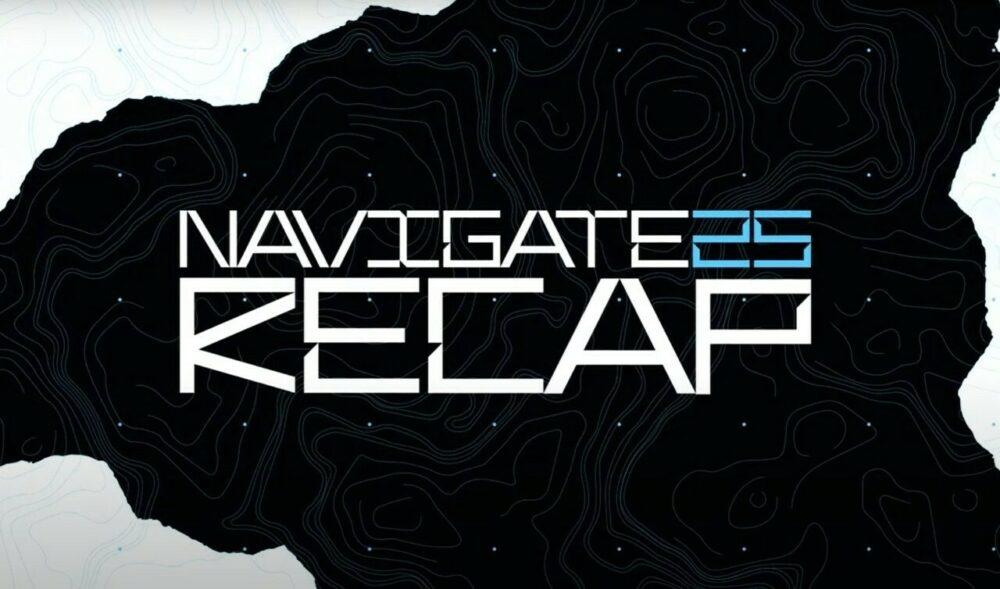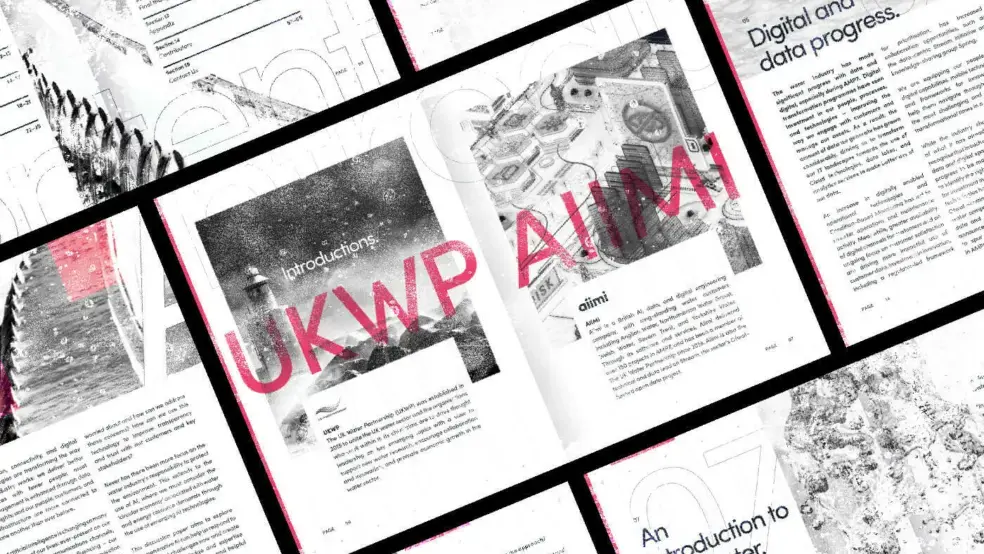Remote working and reasonable adjustments – embracing autism in the workplace

We chatted to our new recruit, Shaun Faulkner, to find out why he made the move to Aiimi Labs. Shaun shares his interview experiences at Aiimi, and the reasons why organisations should embrace authentic reasonable measures.
What was your role before Aiimi?
My last role as a Junior Full Stack developer had come to an end, so I was back to the dreaded hunt for a new opportunity. I think this is a stressful and challenging experience for most people, but it’s particularly tough for me. Autism comes with its own set of challenges.
Aside from my autism presenting social difficulties attending interviews, I was also becoming somewhat demoralised by the large number of immediate rejections I was getting, simply because of my requirement for 100% remote working – something that I, and many others, rely on as a reasonable adjustment under the Equality Act.
But that was before I met Aiimi!
What made you want to apply for a role at Aiimi?
I met Aiimi at a virtual university careers fair hosted by the Open University, where I was studying BSc Software. On many occasions, I’d been advised to push myself outside my comfort zone by “networking”, so I spoke online with most of the companies at the event. Despite them all bandying the word inclusive around, more than nine out of ten organisations I met said “we can’t accommodate full remote.”
Aiimi offered a different approach. Their inclusive policy actually included remote working! And they happened to have a suitable graduate opportunity available. I had a chat with the infamously supportive recruitment manager, Charlotte Richmond, and immediately sent over my CV.
I’ve been disappointed before by promises of great culture, but this time it felt different, sincere.
My initial conversations with Charlotte piqued my interest, and after further perusal of Aiimi’s website I sensed a different culture; simple things like the language used just made it feel more personal and compassionate. I’ve been disappointed before by promises of great culture, but this time it felt different, sincere. Seeing the CEO, Steve Salvin, talk openly about his own personal journey in mental wellbeing, and his desire to support people experiencing challenges, made me realise that I had finally found a company that, at its very roots, lives, breathes, and understands my daily challenges. All stemming from its culture of accepting everyone for who they are. I very quickly knew Aiimi was where I wanted to be.
Obviously, aside from its work culture, the graduate Developer role promised challenging and interesting work opportunities, and great company benefits. For me, it feels like I’m finally being offered a real opportunity to get my career moving.
What interview process did you follow? And how did you find it?
As soon as my CV had been checked for suitability for the post, I was invited to an informal conversation with Charlotte to talk about the role and to confirm my interest.
After that, I was invited to a remote interview with a senior member of the Aiimi Labs team, UI Lead & Developer Shaina Koval, who also happened to run the diversity, equity and inclusion (DE&I) team at Aiimi. I didn’t know it at the time, but I now realise just how authentic Aiimi is – not only is Shaina clued up on inclusion, but her team has been running Unconscious Bias training internally for some time. The concept of Unconscious Bias was relatively new to me, even though I’d likely already been experiencing it as an autistic person. Shaina and her team’s awareness of autism really enabled them to be more objective during the selection process. We spoke about my background and about life at Aiimi to check that we’d both be a good fit and shared a similar company culture.
Then we moved on to a technical challenge. I was asked questions to check my understanding of .Net concepts and a Web Component was demonstrated, which I had to re-create. At this point, I bailed out mid interview.
Can you share with us what happened, and how Aiimi handled the situation?
Although remote interviews are significantly more inclusive and suit me better than in-office, I was still overwhelmed. Three members of the Aiimi Labs team (which I was hoping to join) were present for the technical challenge and, combined with how much I wanted the role, I started to experience a sensory overload. Just as I was about to answer my first technical question around the .Net framework, I got stressed and my stomach started cramping with IBS (Irritable Bowel Syndrome). I hit the red button, left the meeting, and sat there beating myself up.
I thought I’d ruined my chances of getting the one job I really wanted.
I thought I’d ruined my chances of getting the one job I really wanted. I also felt like I’d let Charlotte down for not bringing my A game, as we’d been talking a lot back and forth before the interview. I wanted to quickly explain myself to Charlotte, as I felt guilty for ‘wasting’ the interviewers’ time.
Once again, this is where Aiimi showed their sincerity. As I sat with my wife consoling me, Charlotte spoke to the Aiimi Labs team and, with absolutely no fuss, they happily agreed to re-arrange the interview. To take the pressure off, this time around it would just be me and one interviewer. At this point, I pushed my luck and asked if that person could be Shaina. I was already familiar with Shaina from the first interview stage, so this made me feel more comfortable.
I’m really intrigued to hear what happened next for you with Aiimi. How did interview round two go?
That wasn’t the last of my dramas! Social interaction is one of my biggest challenges, and I get sensory overload as a result. For me, this means that something I can easily do alone becomes suddenly difficult socially. For example, I’m reasonably good at maths, with top grades in my university modules, but counting out change at a till melts my brain. It’s if as I’ve suddenly forgotten how to do maths. So, combined with the stress of an interview environment, this time around my brain just went to pieces, and I didn’t do myself justice in the front-end technical challenge.
Again, Shaina was amazing, and gave me a chance to verbally talk through the steps I would’ve taken. Although this helped somewhat, after the interview I instantly set to work to prove my knowledge. I reproduced the Web Component in StackBlitz and sent in my demo to Charlotte, asking if Shaina could take a look. I knew I could do well at Aiimi given the opportunity.
I’m not sure if that e-mail made the difference, but I was delighted to be offered a permanent graduate Developer role with Aiimi. And I’m proud that I put myself outside of my comfort zone that day at the careers fair.
Congratulations on securing your Developer role at Aiimi! That was no mean feat. What’s around the corner?
Since then, Charlotte and I have met up with TRACK – a social enterprise that supports autistic people to access employment, through training, support services and creating opportunities. By working together, I’m confident that I’ll be working in a fully supportive environment.
Ideally, what sort of working environment would enable you to be yourself, feel most comfortable, and be given the best opportunity to realise your ambitions?
The challenges I face are so varied and complex that I often think it might be unrealistic and too difficult to create the “right” environment for me. I’m not even sure there is a right environment. One of the biggest markers identified during my autism diagnosis is my social difficulties. I’m unlikely to ever feel comfortable in an office environment.
Generally, I work best when I feel comfortable. I guess that’s the same for everyone, right?
I’ve developed a range of coping strategies to deal with this but coping mechanisms don’t eradicate the issues I encounter or make me feel more comfortable. They just allow me to tolerate them for longer and ride out the storm.
Generally, I work best when I feel comfortable. I guess that’s the same for everyone, right, and I feel most at ease at home. For me, it’s more than that though. Remote working also enables me to stay in employment, as it relieves the experiences that cause my sensory overload and resultant burn out.
Fortunately for me, one of the positive outcomes of the pandemic is the growing opportunity to work from home. Before joining Aiimi, I spent four years working and studying for my degree remotely. Today, universities and companies can no longer claim that they’re not able to make reasonable adjustments. Despite this, I've been invited to remote interviews, only to be flat out rejected because of my request for remote working as a reasonable adjustment.
Can you tell me more about reasonable adjustments? What are they and how do they positively affect people in the workplace?
According to the National Autistic Society, only 16% of autistic adults are in full-time paid work. So the charity is quite rightly mounting pressure on Government to improve the level of support and understanding for autistic people, so they can find and stay in work. There are so many more autistic people who could gain and remain in employment, if only they were allowed to work from home like me. Despite so many autistic people not being in work, the National Autistic Society “knows most want to”. That is a crying shame.
According to the National Autistic Society, only 16% of autistic adults are in full-time paid work.
This is why I disclose my autism and need to work remotely when applying for posts. It helps filter out irrelevant opportunities, so I can focus on those with real potential. The buzzword of the day, inclusivity, shouldn’t be placed on a scale – it’s an absolute, you either are or you aren’t inclusive. Removing any discussion about remote working being a reasonable adjustment simply creates an exclusive working environment, and that doesn’t work for me or other people with autism.
Since joining Aiimi as a Junior Full Stack Developer, what have been your highlights and your most challenging experiences?
The most challenging part is an easy one, so I’ll start there! Sometimes, I experience slight imposter syndrome. Disclosing that you’re autistic, and the many ways it affects you, can add to these insecurities. Naturally, the sheer number of things you need to learn when you first start a new job is challenging, and it can feel a little intimidating at times. So, I try to focus on small achievable goals, like focusing on just one feature or bugfix at a time, and learning on the go with incremental steps, rather than focusing on the big picture.
The most enjoyable overlaps with the most challenging. I like figuring things out, solving problems, and building things, so the satisfaction of having my work approved and my pull request merged at Aiimi Labs is amazing.
Right now, I’m excited to be working on the Aiimi Insight Engine as part of the Aiimi Labs team. It’s an amazing product with some immediately obvious use case benefits, such as solving difficulties in GDPR compliance and connecting employees to company data. I’m really looking forward to exploring even more features to discover what else this platform can do. I also enjoy learning about Angular – a platform for building mobile and desktop web applications – on the job. I’m new to the framework, so seeing how it works in a real setting is priceless.
Find out more about life at Aiimi and join our growing team. We’re proud to hire diversely and inclusively, whatever your background, gender, sexuality, or disability – check out our open roles now.
Want to know more about our hiring processes? Check out this in-depth blog from our recruitment team.
Stay in the know with updates, articles, and events from Aiimi.
Discover more from Aiimi - we’ll keep you updated with our latest thought leadership, product news, and research reports, direct to your inbox.
You may unsubscribe from these communications at any time. For information about our commitment to protecting your information, please review our Privacy Policy.



